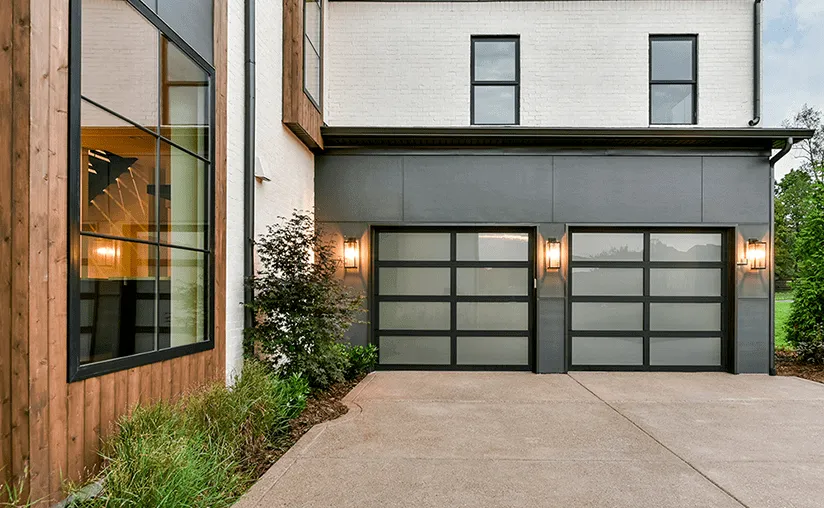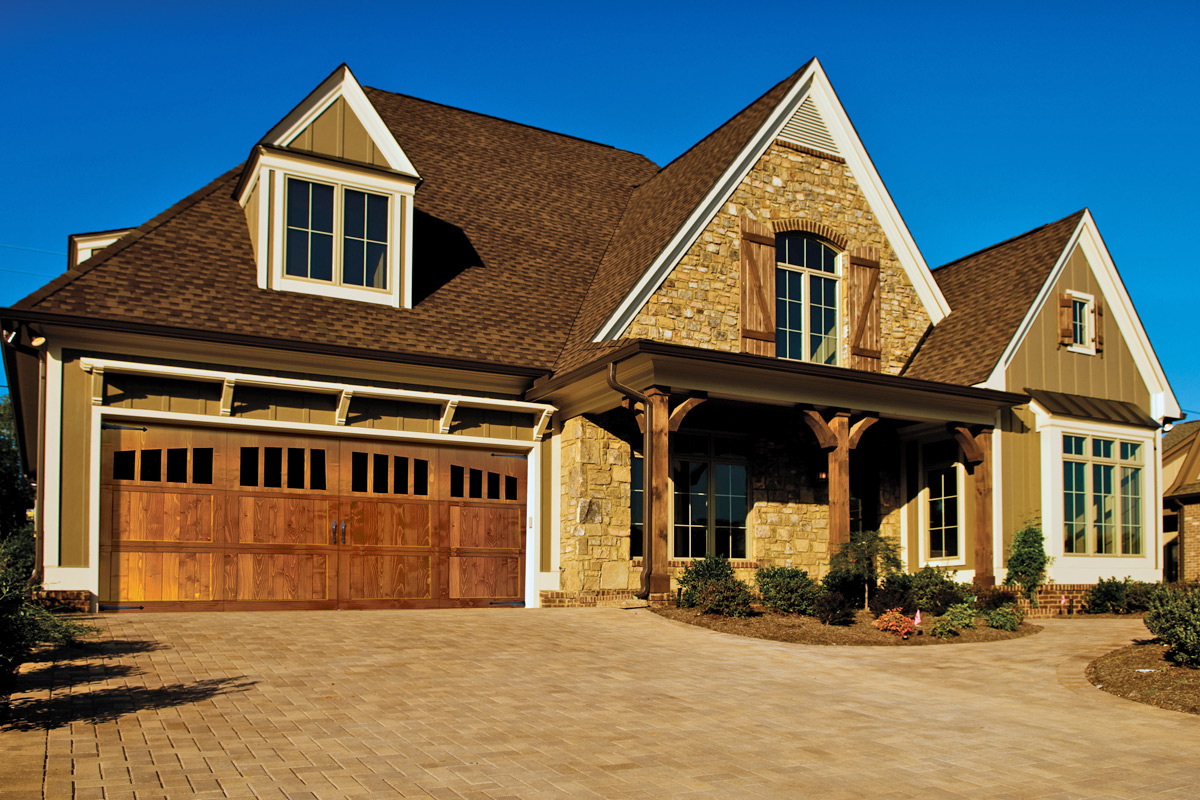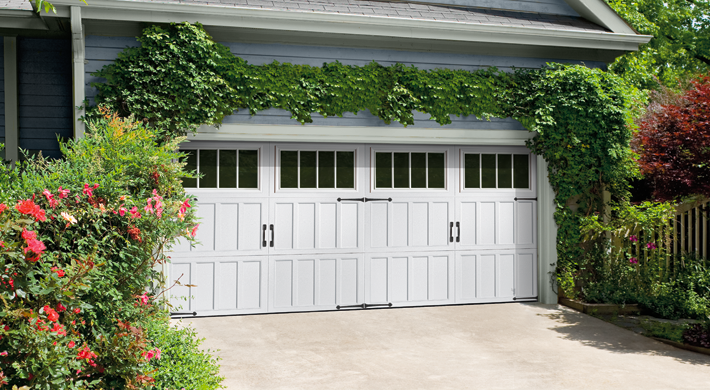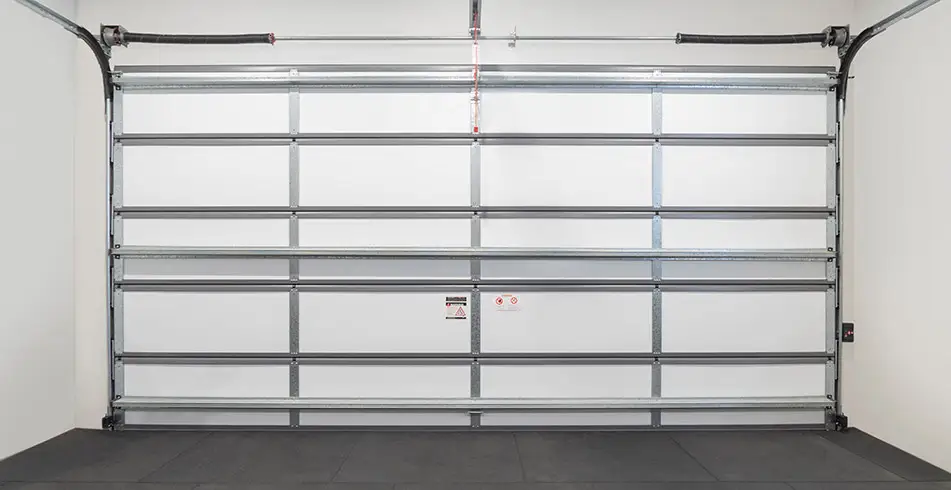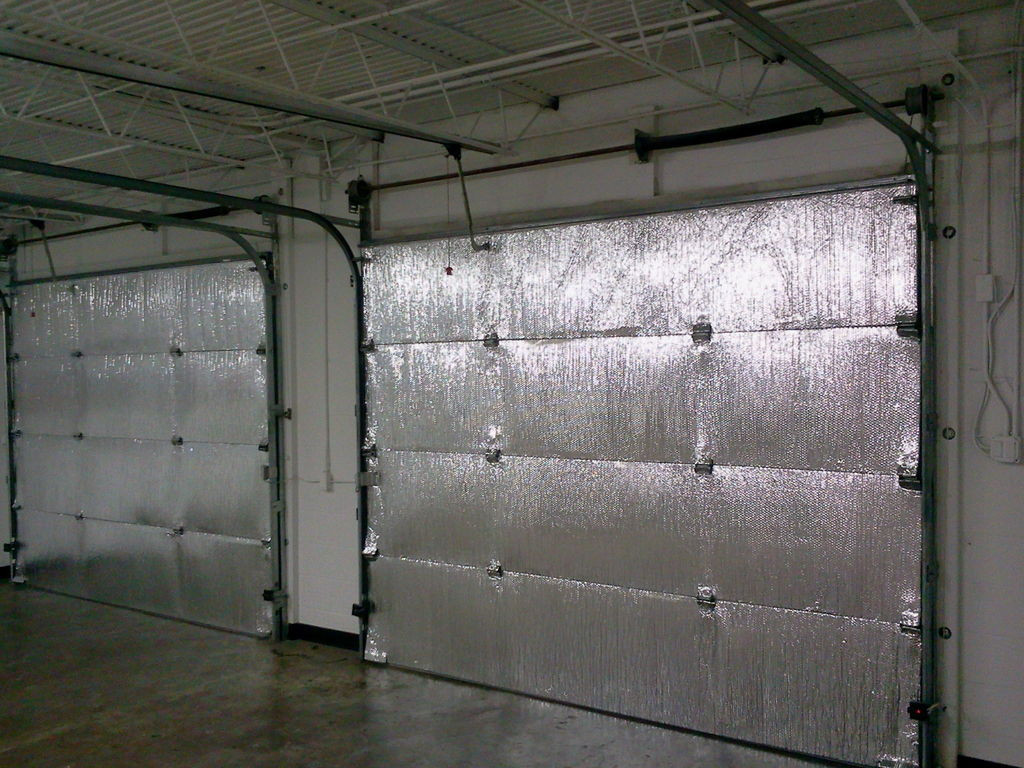Homeowners around the world often wonder, what gauge is garage door sensor wire? Understanding the correct gauge of garage door sensor wires is crucial for proper installation and maintenance. A tiny mistake in selecting the wrong gauge can lead to malfunctioning sensors, which could present safety hazards or operational issues.
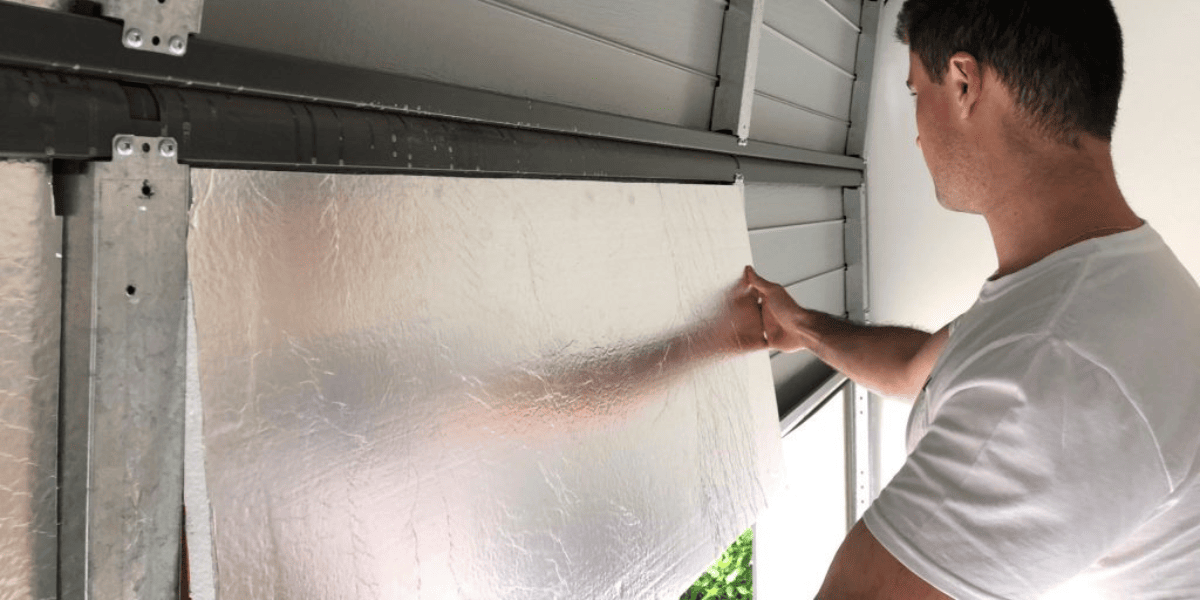
What Gauge is Garage Door Sensor Wire?
The standard gauge for most garage door sensor wires is 22 AWG (American Wire Gauge). This gauge is typical because it provides a perfect balance of flexibility and durability, making it suited for carrying low-voltage signals efficiently.
Why Gauge Matters
So, why exactly does the gauge matter? The gauge of a wire determines its diameter and its ability to conduct electricity. Thicker wires (lower AWG numbers) have less resistance and can carry more current, while thinner wires (higher AWG numbers) have more resistance and are suitable for low-energy signals. Choosing the correct gauge ensures that your garage door sensors function effectively without power issues.
How to Identify the Right Gauge
Identifying the correct gauge can seem daunting. Here are some steps:
- Look for markings on your current wires.
- Consult the garage door sensors manual.
- Seek advice from a professional if unsure.
Enlisting a professional might help simplify the process considerably.
Common Issues with Incorrect Gauge
Using the incorrect gauge wire can lead to:
- Reduced sensor sensitivity.
- Signal loss.
- Sensor malfunction.
- Potential safety hazards.
It is crucial to follow the manufacturer’s guidelines to ensure your garage door operates smoothly.
Installation Tips
Here are some installation tips for your garage door sensor wire:
- Avoid sharp bends.
- Ensure firm connections.
- Keep the wire clear of any moving parts.
- Test the system after installation.
Following these tips can prevent common issues and ensure your sensors remain functional.
Maintenance of Garage Door Sensor Wires
Routine maintenance of your garage door sensor wires can help Regular Maintenance includes:
- Inspecting for wear and tear.
- Checking connections.
- Cleaning the sensors.
Regular maintenance will prolong the life of your garage door sensors and ensure uninterrupted functioning.
Signs That You Need to Replace Sensor Wires
Over time, wear and tear can affect the Replace Signs. Some signs include:
- Frequent malfunctions.
- Visible damage to wires.
- Sensors failing to detect obstacles.
Addressing these issues promptly can save you from bigger problems in the future.
Should You Hire a Professional?
While some homeowners may feel confident handling garage door sensor installations and repairs themselves, it often pays to hire a professional. Experts are wel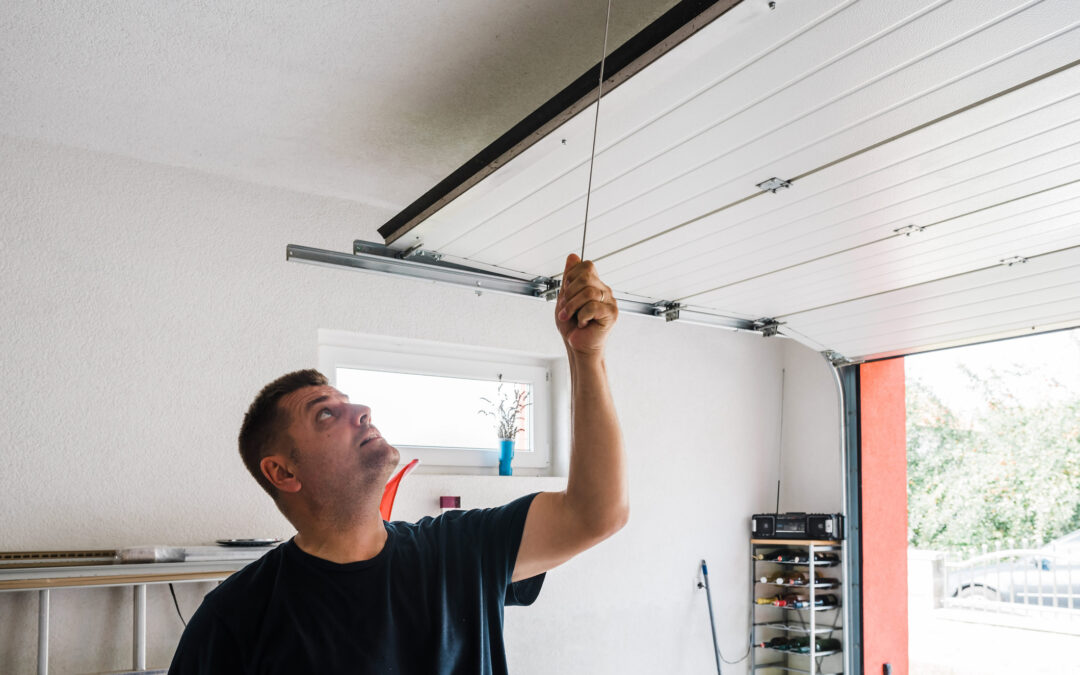 l-versed in handling various gauges and technical issues, ensuring that your garage door sensors are properly installed and maintained. Visit the Department of Public Safety for more information.
l-versed in handling various gauges and technical issues, ensuring that your garage door sensors are properly installed and maintained. Visit the Department of Public Safety for more information.
Frequently Asked Questions:
1. What happens if I use the wrong gauge wire?
Using the wrong gauge can lead to malfunctioning sensors, signal loss, and safety risks.
2. How often should I check my garage door sensor wires?
You should inspect them at least once every six months as part of your routine maintenance efforts.
3. Can I replace sensor wires myself?
Yes, but if you are unsure, it is advisable to seek professional help to ensure proper installation.





